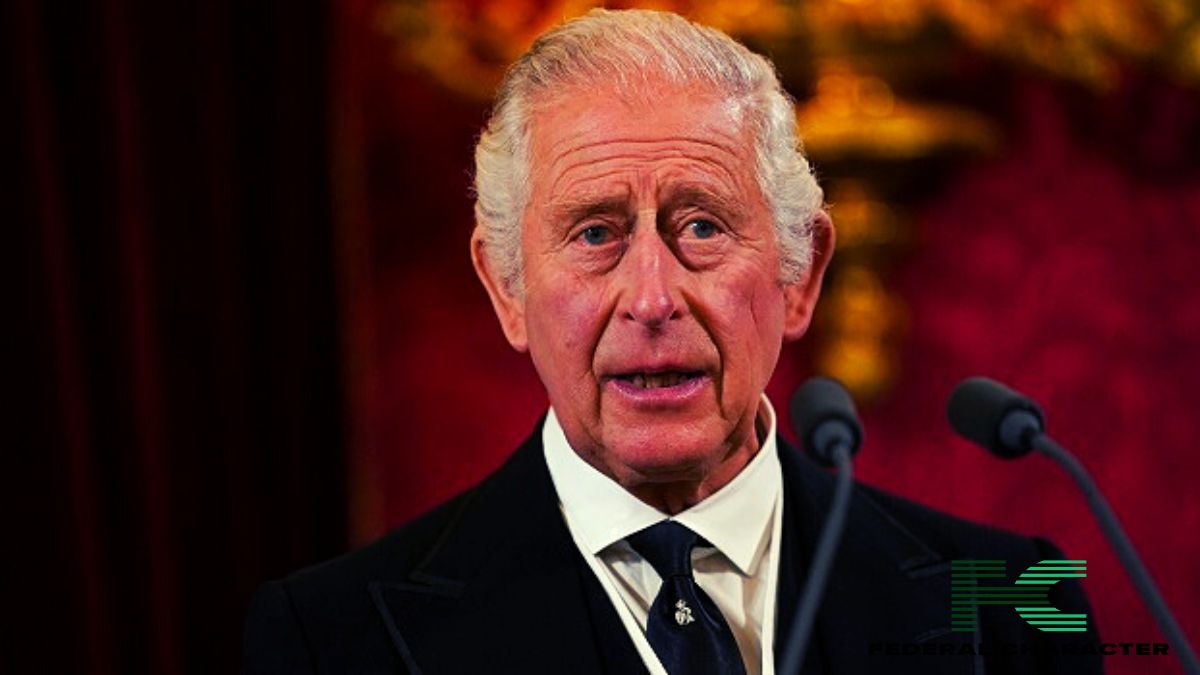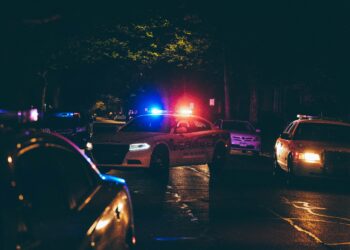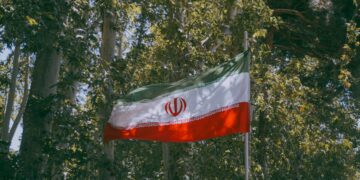When the then-Princess of England, Elizabeth visited Kenya in 1952, Kibore Cheruiyot Ngasura was among the youths chosen to sing for her at an event near Lake Victoria.
The men had chosen to use the occasion to ask the Princess to relocate their parents from a detention camp in the, mosquito-infested town of Gwassi, where Talai clan members had been detained for almost two decades on the grounds of instigating resistance to the British colonial rule.
However, this event never happened as before Elizabeth could make it to Lake Victoria, word had arrived that her father, King George VI, had died and she had to hurry back to London.
Over 70 years later, Elizabeth’s son, King Charles, will schedule a state visit to Kenya. Ngasura, now about 100 years old has a message once more for the royal visitor, a message for the selected youths to be recompensed tor the difficulties they went through.
Meanwhile, Buckingham Palace has acknowledged that Charles’ visit, which kicks off on Tuesday, will recognise painful aspects of the UK and Kenya’s shared history.
Note that the British had ruled for over six decades before Kenyan won its independence in 1963.
The colonial administration had commandeered hundreds of square kilometres of land that communities in western Kenya had settled on for generations and gave it over to British settlers.
Majority of it became tea plantations that are now owned by multinational companies, according to a U.N. report.
A spokesperson for the British government’s Foreign, Commonwealth and Development Office had revealed that the UK government had previously expressed regret for atrocities committed during a 1952-1960 uprising in central Kenya against the colonial rule.
The Office thereafter agreed to an out-of-court settlement in 2013 to pay about 20 million pounds to aged Kenyans who suffered torture and were violated during what is known by Kenyans as “the emergency” after a court situated in London ruled that the victims could sue.














